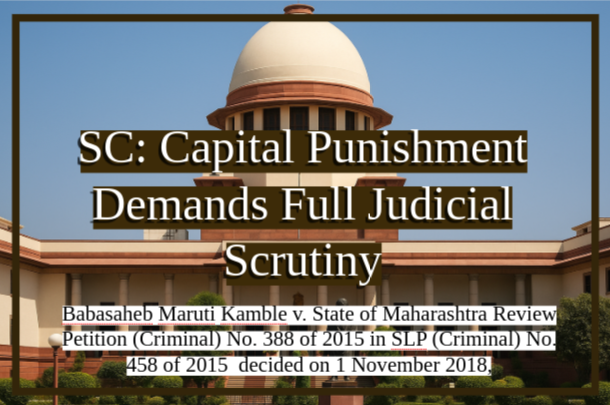New U.S. Law Targets Deepfake Abuse – What It Means for Victims and Free Speech
- M.R Mishra

- Apr 30, 2025
- 2 min read
Updated: Apr 30, 2025
Washington , USA ,in a rare moment of bipartisan unity, the U.S. Congress has passed the Take It Down Act, a landmark bill criminalizing non-consensual deepfake pornography and revenge porn, sending it to President Trump’s desk for signature.

The overwhelming 409-2 House vote following unanimous Senate approval signals a collective reckoning with the dark side of AI, where tools once hailed as revolutionary are now weaponized to humiliate and exploit, particularly women and teens . But beneath the applause lies a thornier debate:
Will this well-intentioned law become a tool for censorship or a lifeline for victims?
The legislation, championed by First Lady Melania Trump as part of her revived Be Best initiative, mandates that platforms remove AI-generated or real intimate imagery within 48 hours of a victim’s request a response to cases like that of 14-year-old Elliston Berry, whose AI-forged nudes circulated for nearly a year before Snapchat acted .
Melania’s advocacy, including emotional Capitol Hill testimony about the “heartbreaking” toll on teens, lent urgency to the cause, bridging ideological divides .
Even tech giants like Meta and Microsoft backed the bill, a tacit admission that self-regulation has failed .

Yet critics warn of unintended consequences.
Free speech advocates, including the Electronic Frontier Foundation, argue the bill’s vague language could empower bad-faith takedowns a concern amplified by Trump’s quip about using the law to silence online critics .
The lack of safeguards against false claims, coupled with the FTC’s weakened enforcement capacity after Trump’s dismissal of Democratic commissioners, risks rendering the law toothless or prone to abuse .
And while the bill exempts encrypted messaging, smaller platforms may still face untenable burdens, chilling legitimate expression .
For survivors like Berry and Francesca Mani, another teen activist, the bill is a hard-won victory.
“It’s a chance to take back our dignity,” Mani told TIME . But as the first federal foray into AI governance,
the Take It Down Actis also a test: Can lawmakers balance protection with liberty in an era where technology outpaces the law?
The answer will shape not just victims’ futures, but the boundaries of free speech itself.
Refrence:







Comments